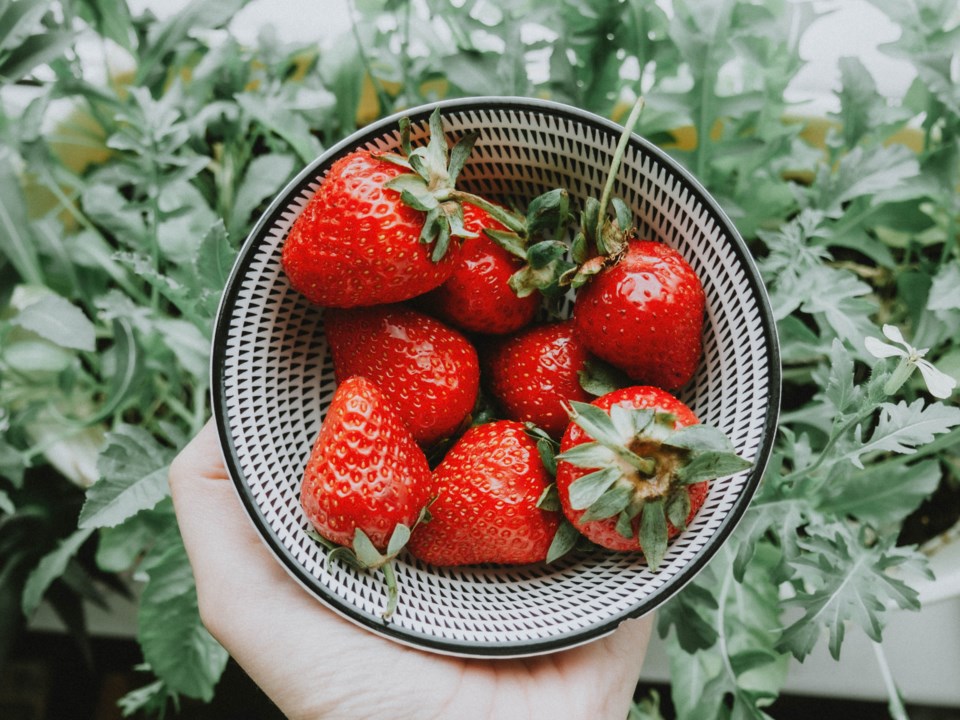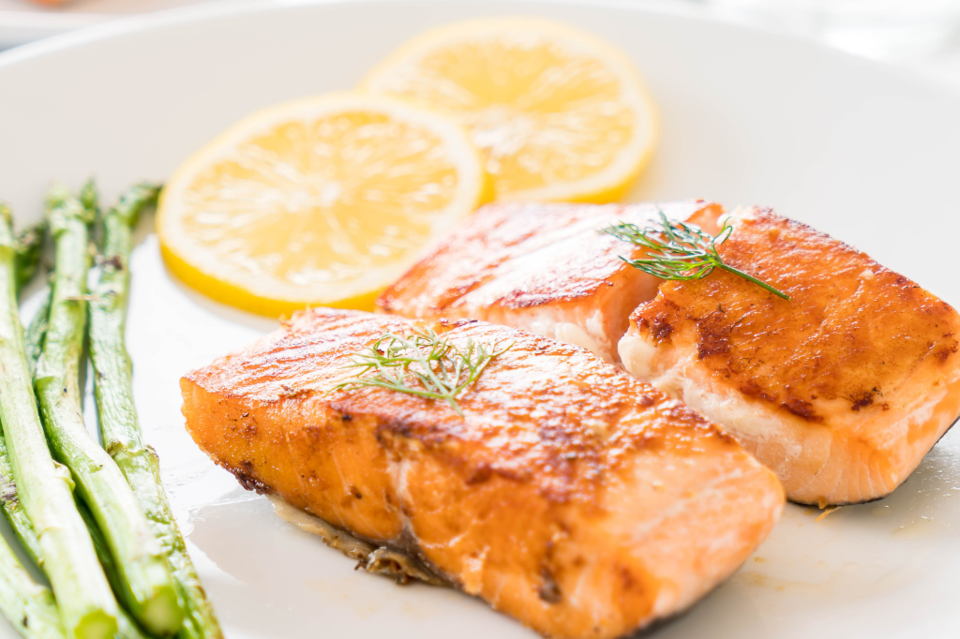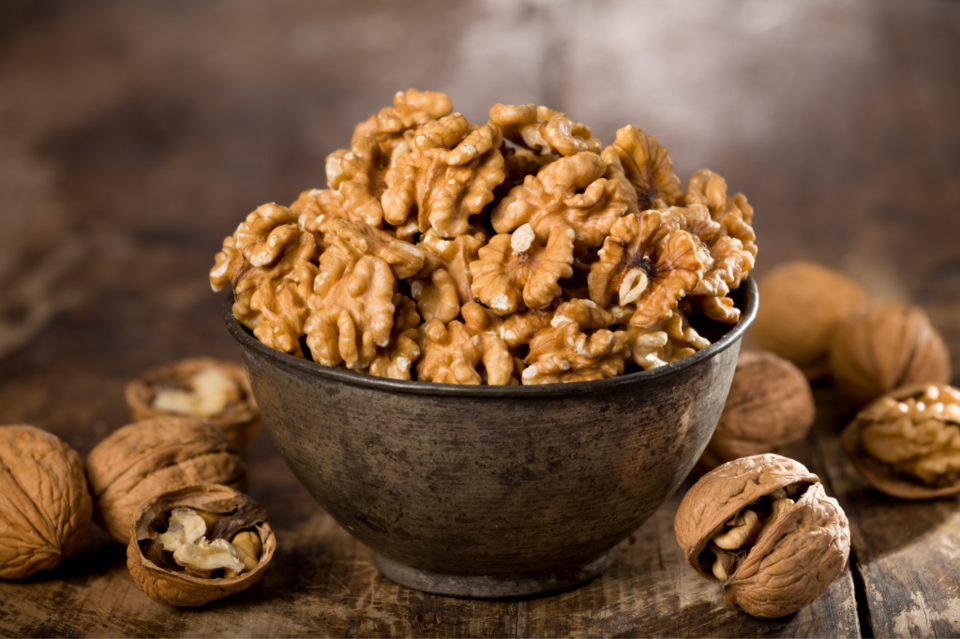In today’s go-go-go hustle and bustle, maintaining mental clarity and focus all day to get everything done can feel like nothing short of a pipe dream.
We drink copious amounts of coffee to stay alert and “get it done,” then hit a wall around 3 p.m. only to chase a pick-me-up in the form of a snack or another caffeinated beverage. However, we often still find ourselves saddled with fatigue, brain fog, and a lack of motivation.
You might chalk it up to being overextended and overworked, but often the key to a well-functioning mind lies in the foods we choose to nourish ourselves with.
Enter nutritional psychology, the connection between what we eat and how our brains perform. Did you know that you can totally change the narrative of how you feel—specifically think, focus, and perform cognitively—consistently just by eliminating certain foods and embracing others? Here’s the science behind nutritional psychology and how to use it to your advantage.
What is nutritional psychology?
In a nutshell, nutritional psychology is the connection between nutrition and mental performance and well-being. It’s the relationship between the nutrients we consume and their direct impact on our mood, cognitive abilities, and overall brain health. Think of it as the intersection where your plate and psyche meet—an important area where you have the power to elevate your mental clarity or continue feeling foggy and mentally sluggish.
The gut-brain axis
The gut-brain connection is possibly the most intriguing aspect of this field. Did you know that a staggering 90% of our feel-good neurotransmitters, like serotonin and dopamine, are produced in the gut, not the brain?
That means feeding your gut with nutrient-rich, gut-friendly foods is key to maintaining a balanced mood and a sharp, focused mind. On the flip side, when harmful bacteria take over your gut microbiome, it can lead to increased inflammation, diminished neurotransmitter production, and a higher risk of conditions like anxiety and depression. This is precisely why functional doctors and gastroenterologists refer to the gut as our second brain.
If we explore the best foods for fuelling a sharp mind and feeding our gut, then we also have to discuss the dietary culprits that can sabotage your mental performance. The biggest offenders are sugary foods and drinks, trans fats, refined carbohydrates, and processed junk—otherwise known as fake foods, such as the vast majority of fast food you can get at a drive-through window. All of these can wreak havoc on an otherwise well-functioning brain.
Studies have shown that these sub-par so-called “foods” can increase your risk of type 2 diabetes, which can lead to Alzheimer's disease and even mild cognitive impairment. As tempting as they may be, it's best to consume them sparingly and focus on fuelling your body and brain with whole, nutrient-dense foods.
So, what should you be eating to power up your mental focus and clarity?
Here are 5 foods for maximum focus and cognitive support:
Berries: The brightly-coloured flavonoids that give berries their pretty pink and purple hues also work wonders for your memory. A study from Harvard found that women who consumed two or more servings of strawberries and blueberries per week delayed memory decline by up to two-and-a-half years.

Fatty fish: Salmon, sardines, mackerel, and other fatty fish are excellent sources of omega-3 fatty acids, the healthy fats proven to lower levels of the harmful beta-amyloid protein associated with Alzheimer's disease. Aim to eat fish at least twice a week, and consider an omega-3 supplement if you're not a seafood fan or for extra reinforcement even if you are.

Leafy greens: Kale, spinach, arugula, collards, and herbs are all nutritional powerhouses, rich in brain-boosting vitamins like K, lutein, folate, and beta-carotene. Research suggests these plant-based superstars may help slow cognitive decline.

Walnuts: Packed with protein, healthy fats, and the omega-3 fatty acid ALA, walnuts have been linked to enhanced cognitive test scores. Their brain-boosting powers stem from their ability to support healthy blood flow and artery function.

Coffee and tea: Your morning cup of caffeine might offer more than just a temporary brain boost. Studies show that higher caffeine consumption is associated with enhanced mental function and improved memory consolidation.

The bottom line
Consuming more nutrient-dense foods and reducing sugary, trans-fat-filled “fake foods” can have a significant impact when it comes to tapping into the benefits of nutritional psychology, supercharging your mental focus and elevating your mood. Take inventory of the balance of these two opposing food groups and see if you can begin to shift your choices to the smarter options listed in this article.
About the Author

Alicia is a journalist and editor in digital and print media specializing in health, nutrition, fitness, and wellness. She was previously the Editorial Director of Clean Eating and Vegetarian Times. Her work has also appeared in Hone Health The Edge, Yoga Journal, Women’s Running, and Oxygen, among others. In addition to being a content creator, she's an ISSA-certified nutritionist, certified personal trainer, and fitness studio owner in Toronto. Alicia loves spreading the word about helpful, science-backed health information, and she can be contacted via her website at aliciamtyler.com.




